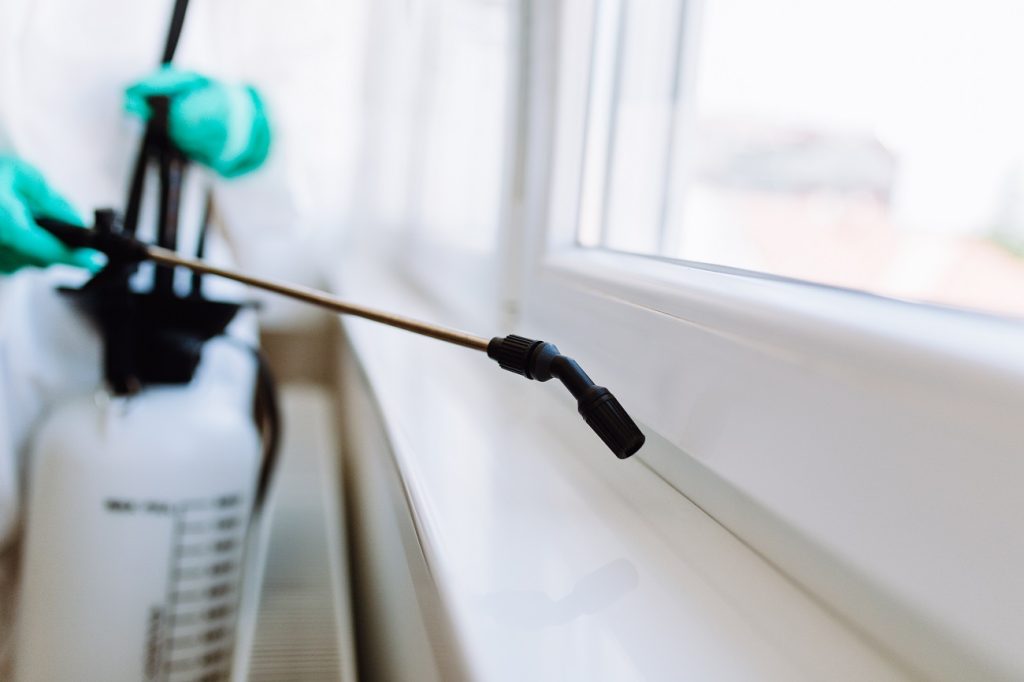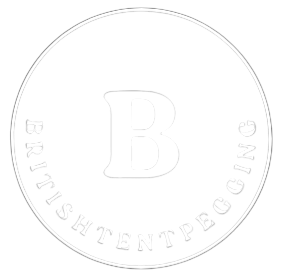Sustainable pest control methods focus on long-term solutions that minimize environmental impact while effectively managing pests. Unlike conventional chemical treatments, these methods emphasize prevention, biological controls, and natural deterrents to maintain a balanced ecosystem. By integrating multiple techniques, sustainable pest control ensures lasting protection without harming beneficial organisms or compromising soil and water quality. This approach is gaining popularity among homeowners, businesses, and agricultural sectors as awareness of environmental and health concerns grows. One of the most effective sustainable pest control strategies is habitat modification, which involves altering the environment to make it less attractive to pests. This can include sealing entry points, reducing excess moisture, and properly storing food to eliminate resources that attract insects and rodents. Encouraging biodiversity by planting pest-resistant crops and native plants further reduces the likelihood of pest problems while supporting local ecosystems.

Biological control is another essential method that relies on natural predators, parasites, or pathogens to manage pest populations. Introducing beneficial insects such as ladybugs, lacewings, and predatory beetles can help control common garden pests like aphids and caterpillars. Similarly, using nematodes to target soil-borne pests reduces infestations without the need for chemical treatments. Birds and bats can also play a role in pest management by feeding on mosquitoes and other flying insects, creating a natural balance in outdoor spaces with PestFreeMike. Essential oils such as neem, peppermint, and eucalyptus act as natural repellents against a wide range of pests while being safe for humans and pets. Diatomaceous earth, a naturally occurring sedimentary rock, effectively controls crawling insects by damaging their exoskeletons. Soap-based insecticides and vinegar sprays provide additional non-toxic options for managing common household pests without introducing harmful residues into the environment.
Integrated Pest Management IPM is a holistic approach that combines multiple sustainable techniques to achieve long-term pest control. This method begins with monitoring and identifying pests to determine the most effective, least invasive solution. By using a combination of mechanical traps, biological agents, and eco-friendly deterrents, IPM reduces reliance on chemical treatments. Regular inspections and preventive measures ensure that pest problems are managed before they become severe, making this a cost-effective and sustainable strategy for homeowners and businesses alike. Crop rotation and companion planting are widely used in sustainable agriculture to control pests naturally. Rotating crops disrupts the life cycle of soil-dwelling pests, reducing their populations over time. Companion planting, where certain plants are grown together to repel pests or attract beneficial insects, enhances soil health while minimizing the need for pesticides.
